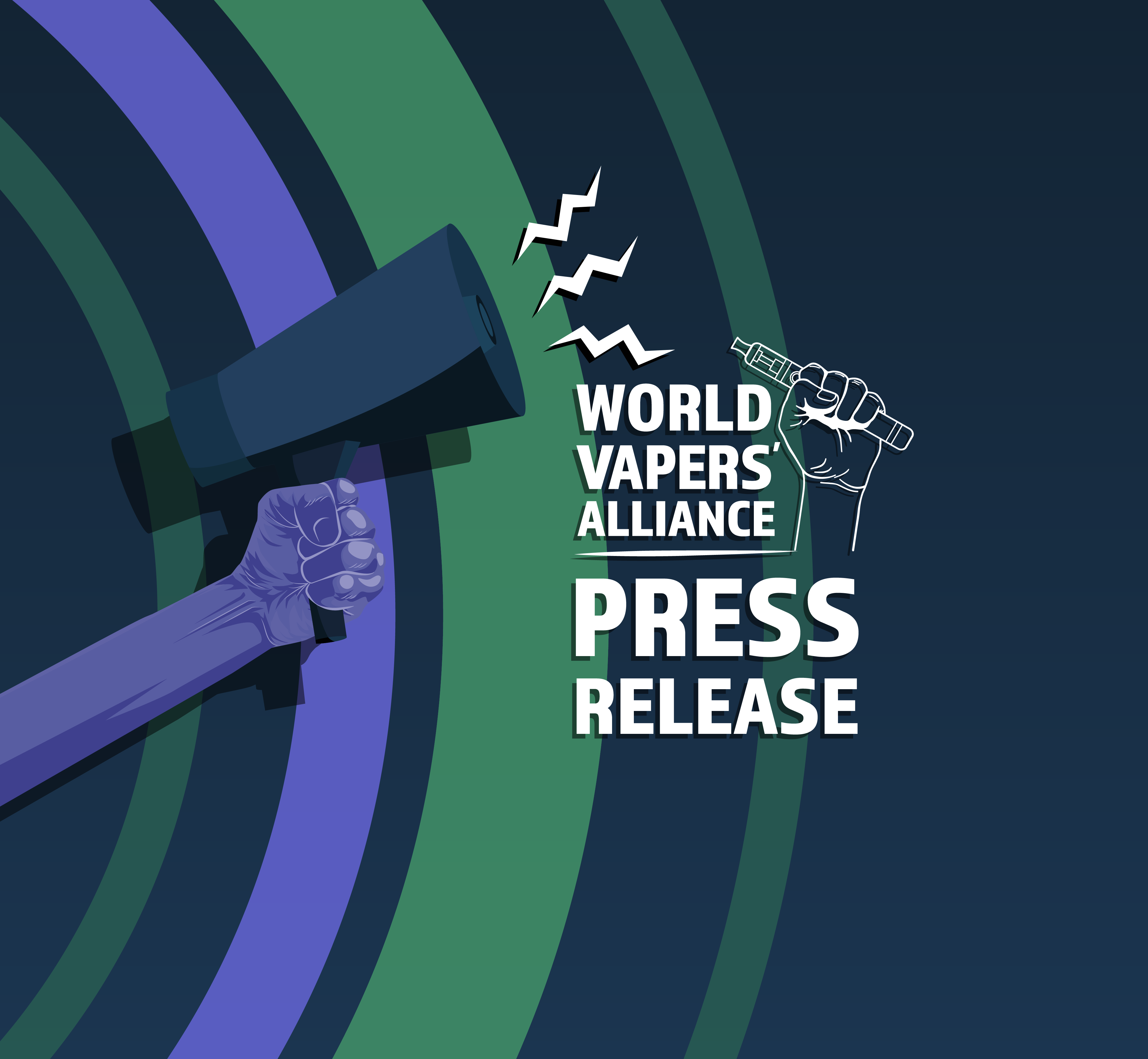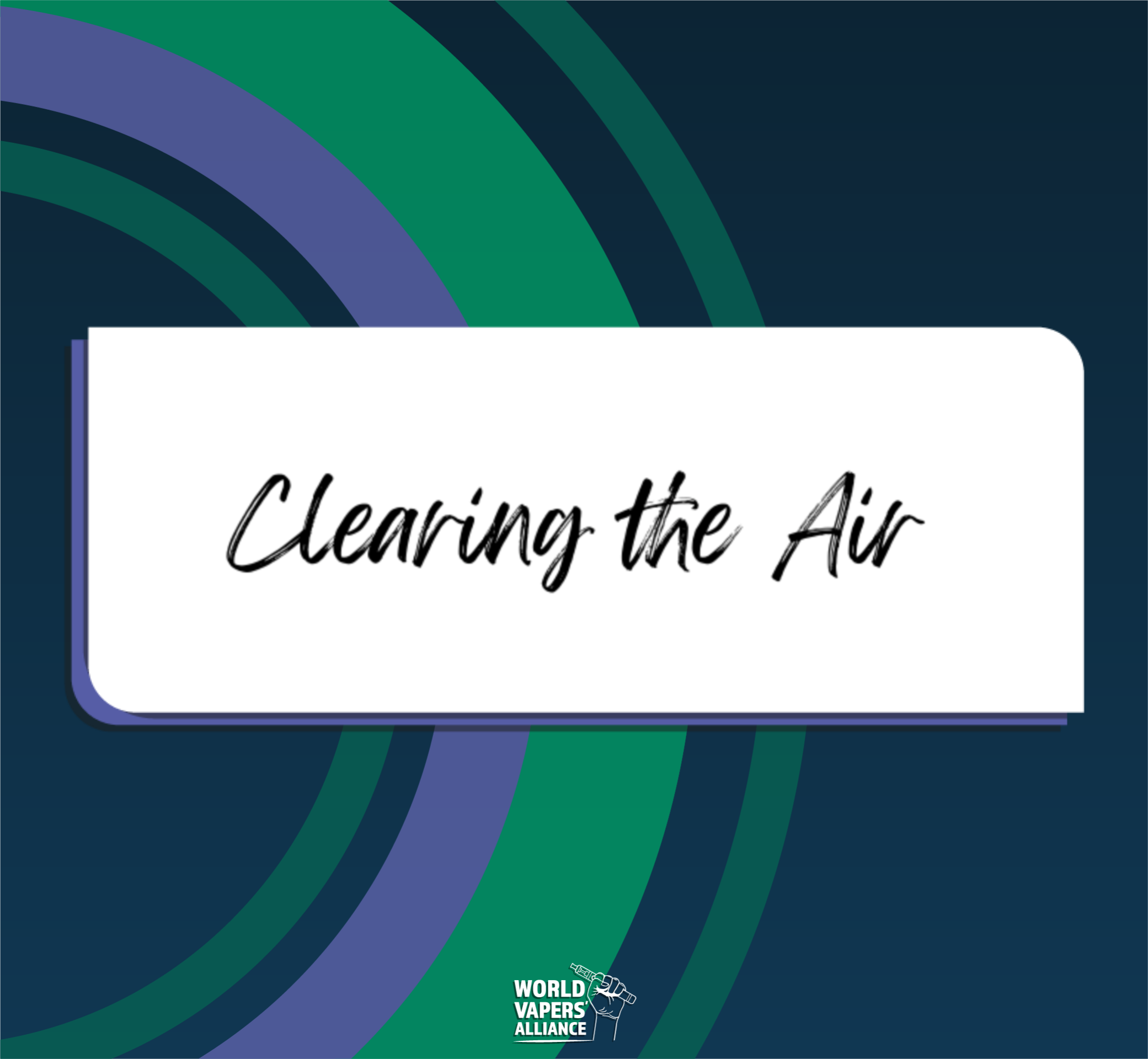The FDA could have learned a lot at the ECIG Summit in DC this year. In typical FDA fashion they instead are doubling down on bad decision making that most presenters at the event proved with real science and data is failing the American people.
I had the pleasure of attending this year’s ECIG Summit in Washington DC, May 16th. Dr. Brian King was the keynote speaker and he started off the day with more of the same information we typically see coming from CTP at FDA. King spoke on the future of menthol cigarettes and flavored cigars which they intend to ban by the end of this year. He patted himself on the back for approving 23 of 26 Million PMTA applications and went on to suggest there could be a nicotine cap coming in the near future.
As deflating as this was for an opener, a lot of great presentations and data were presented for the remainder of the day.
Professor Kenneth Warner from the University of Michigan followed King’s presentation with” If vaping is a gateway to cigarette smoking, what are the implications?” Warner covered a JAMA study and a SRNT study where he went over how youth vaping is not a gateway to cigarette smoking.
One of my favorite presentations of the day came from Abigail Friedman, PhD from the Yale School of Public Health. Friedman covered the impact that flavor bans have had in the states that are enforcing these bans. Her policy suggestions based on this data was to 1.Restrict all combustible tobacco products & flavored ENDS sales to licensed, 21+ retailers •Politically easier option: Ban point of sale tobacco displays & tobacco power walls in venues that admit under-21 year-olds. Limit new tobacco sales licenses to 21+ venues or Policy Options 1.Restrict all combustible tobacco products & flavored ENDS sales to licensed, 21+ retailers •Politically easier option: Ban point of sale tobacco displays & tobacco power walls in venues that admit under-21 year-olds. Limit new tobacco sales licenses to 21+ venues 2.Penalize brands with a disproportionate share of underage consumer use •Underage use accounts for 11% of cigar-use-days in the US •6 cigar brands account for 88% of this underage use.
In the second session of the summit we got to hear from my favorite harm reduction hero, Clive Bates. Bates’ presentation “False Risk Perceptions and the use of Harm as a Deterrent” did not disappoint. Clive covered the vast wrongness of risk perceptions of e-cigarettes and nicotine in general. He also went into the EVALI “black-ops” operation and how we need to redefine nicotine. He also pointed out how the creation of a new craft beer and its introduction to the market provides no APPH standard and we should accept that vaping can be seen as the same enjoyable experience with less harm than alcohol.
The day continued on with more of the same, every single presenter seemed to have their ammo in the form of science and data aimed directly at the FDA.
The best question of the day came from former Iowa AG Tom Miller who asked point blank how the FDA can ignore the success and science they saw at the summit and not make changes to their regulatory process to one that works help smokers quit smoking. The FDA deferred to the burden that was placed on them from Congress but also acknowledged that the information was important.
The very next day FDA once again proved that they learned nothing from this important information by releasing an import ban on specific disposable products.
The day after that they released a statement of more issued MDO’s.
I guess the FDA has no plans to base their decisions on science and data; instead they are making more of a mess and leading the US into a dangerous illicit market by denying products from companies that want to be compliant and regulated fairly.





2 Odgovori